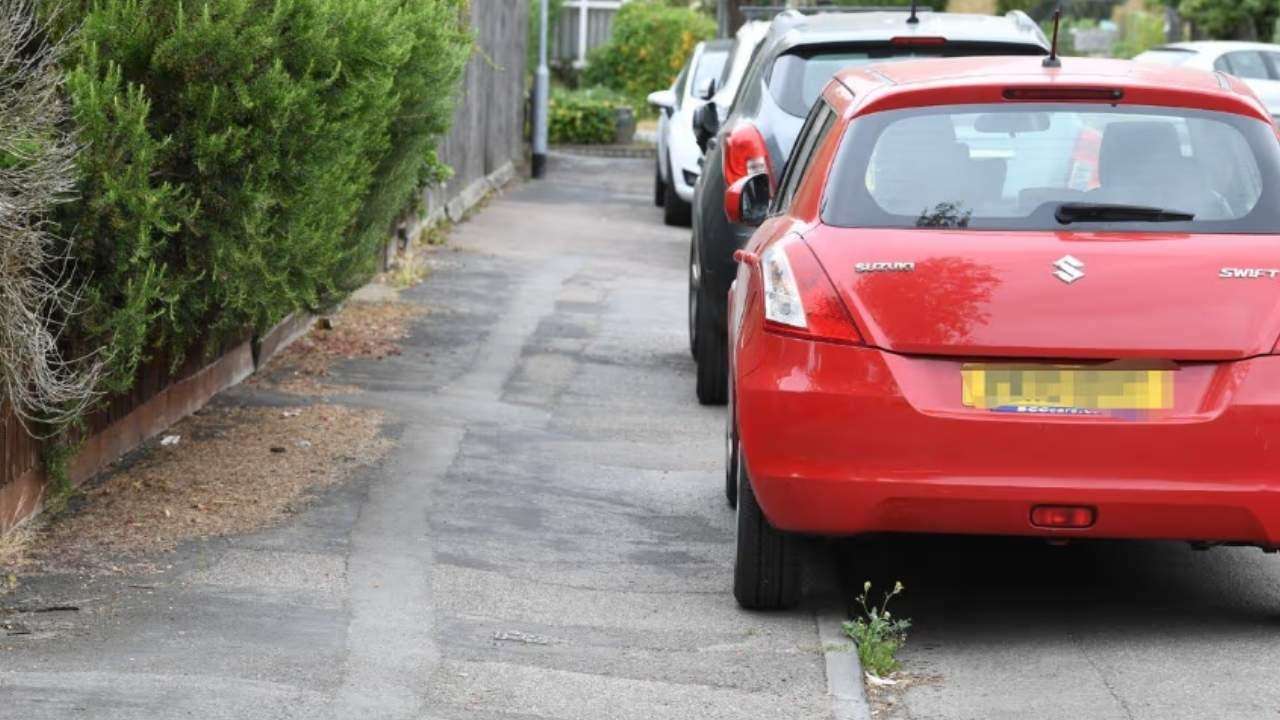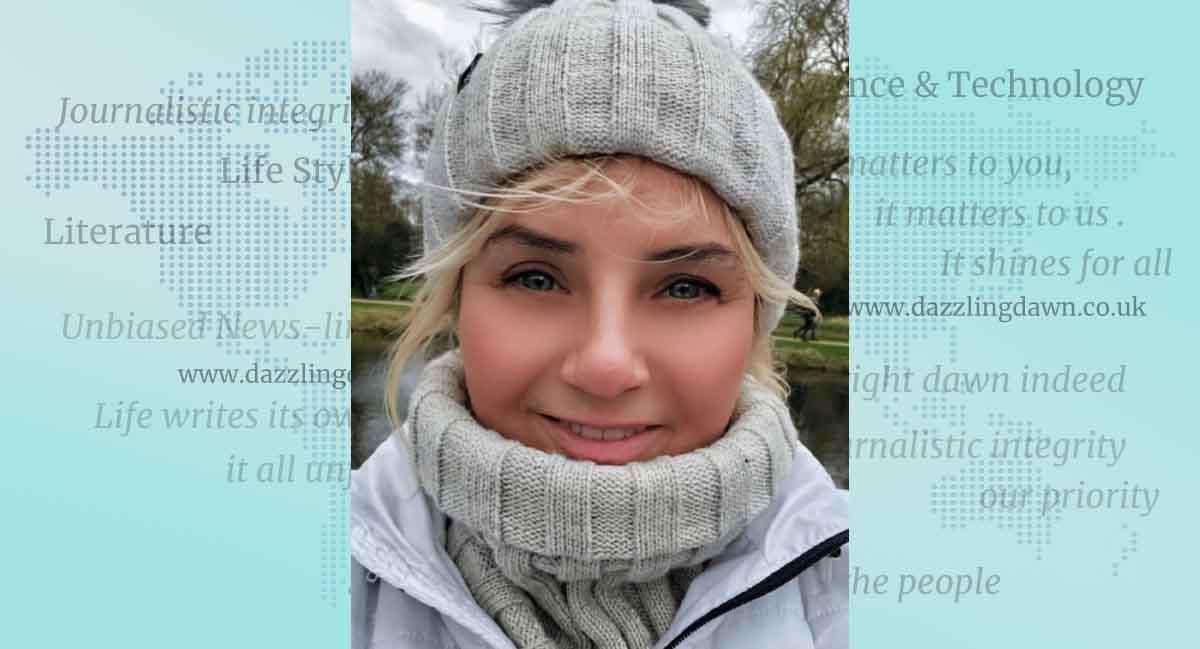A profound quiet has settled over the clinics that once dispensed gender-affirming care with relative speed, replaced now by the rigorous, sterile framework of a clinical trial. Following the indefinite ban on the private and routine NHS prescription of puberty blockers for gender incongruence, the UK is embarking on a landmark study titled "Pathway." While the headlines have focused on the legal threats from campaigners like Keira Bell and the scientific parameters set by King’s College London, a less visible but deeply fracture line is opening up within Britain’s religious communities.
For Muslim, Christian, and Jewish families, this new phase of medical research represents more than just a shift in clinical protocol; it is a confrontation between secular medical ethics and ancient theological concepts of the body and family authority.
The Pathway trial, funded by the National Institute for Health and Care Research (NIHR), aims to recruit approximately 220 children under the age of 16. In a move designed to gather the "gold standard" evidence that the Cass Review found missing, the study will rely on randomization. One group of children will receive the hormones immediately, while another will wait twelve months. Researchers will scrutinize bone density, neurodevelopment, and psychological well-being. Yet, for religious minorities, the very structure of this trial presents unique and often overlooked hurdles.
For Muslim families, the concept of Amanah—the belief that the body is a trust from God—creates a complex dynamic with the medical interventions proposed. While the trial imposes strict criteria, requiring parental consent alongside the child's assent, the cultural friction remains palpable. In many conservative religious traditions, the onset of puberty is not merely a biological marker but a spiritual threshold. The idea of chemically suspending this process involves deep theological questioning that secular consent forms rarely capture.
There is a specific anxiety rippling through these communities regarding the psychological screening process required to enter the trial. The study demands a holistic picture of the young person's well-being. However, religious leaders and community advocates fear that traditional religious values regarding gender could be misinterpreted by clinicians as a lack of "family support." This creates a catch-22: religious parents may avoid the trial to protect their family unit from scrutiny, or they may enter it and find their faith framed as a psychological stressor for the child.
This hesitation could lead to a significant skew in the data. If religious families, who make up a substantial portion of the UK’s diverse population, opt out of the Pathway trial due to mistrust or theological objection, the resulting findings may only reflect the physiological and psychological reality of secular children. This would leave a "data gap" for Muslim and other religious youth, meaning the long-term effects of these drugs on children from conservative backgrounds—who face specific community pressures and identity struggles—will remain unknown.
Furthermore, the randomization element of the trial sits uncomfortably with the fatalism inherent in many faiths. For a family praying for divine guidance, leaving the treatment of their distressed child to a computer algorithm that flips a coin between immediate treatment and a year-long delay is a difficult pill to swallow. It clashes with the desire for decisive, morally aligned action, whether that action is to treat or to abstain.
The backdrop to this trial is the shadow of the Cass Review, which explicitly noted that gender care must be holistic and consider the child's wider environment. For a Muslim child, that environment includes the mosque, the extended family, and a worldview where gender is often seen as a fixed divine decree rather than a fluid social construct. The Pathway trial attempts to medicalize a struggle that, for these families, is fundamentally spiritual.
While the study promises to provide psychological support, questions remain about cultural competence. Will the support systems acknowledge that for a Jewish or Muslim teenager, "transitioning" has implications for their standing in the community, their marriage prospects, and their role in religious rituals?
As the researchers from King's College London prepare to recruit five to six children a month starting in January, the legal battles threaten to halt the process before it begins. But even if the courts allow the Pathway trial to proceed, the researchers face the daunting task of bridging the gap with communities who feel the medical establishment has long ignored their values.
For now, the UK stands at a crossroads. The ban has stopped the free flow of prescriptions, but the new scientific pathway risks becoming a road that only the secular are willing to walk, leaving religious families to navigate the complexities of gender dysphoria in the shadows, away from the eyes of researchers and the protection of the NHS.








.svg)


.jpeg)